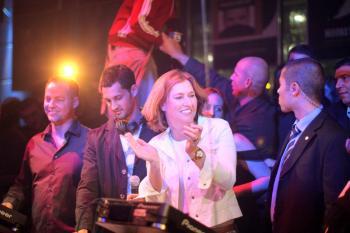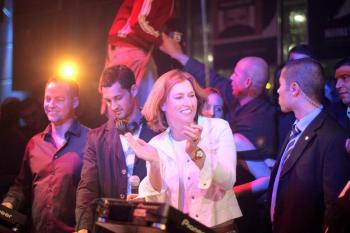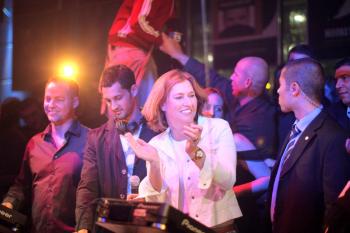Hadas Amit, a 22-year-old Israeli, is like 20–30 percent of Israelis—they are still not sure whom to vote for in the coming elections on Feb. 10. “Everything I know about the candidates and the parties is what they tell about themselves, and what others say about them. I do not trust either the parties or the media to tell me the truth that I need to know,” said Amit.
Different polls in Israel show that 20–30 of voters have not yet decided for whom they will vote. A feeling of ‘voter apathy’ was also shown in the recent municipal elections in Israel with extremely low participation. For example, the voting rate in Tel Aviv was only about 37 percent.
Since the founding of Israel and until the beginning of the 1990’s, the voting rate was about 80 percent. In 2006 the voting rate was only 63 percent.
Encouraging Others to Vote
Yaniv Shaham, a 34-year-old from Tel Aviv who is in the movie industry, was worried to see the low municipal voting rate in November 2008. He thought that it was amazing “compared to the importance of choosing a mayor on your life,” he told The Epoch Times.







